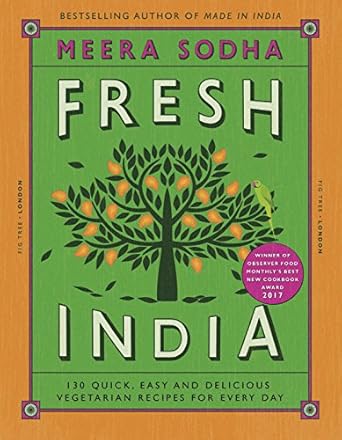Aubergine

NUTRITION
Aubergines are a good source of fibre and folic acid. The colour of the skin is a result of the presence of anthocyanins - compounds with antioxidant properties.
Although often associated with warmer, more exotic lands, the striking looking aubergine is widely cultivated in Britain. Its subtle and distinctive combination of textures and flavours - smooth, fleshy, creamy, smoky - make it a versatile and beguiling component of many great dishes.
HISTORY
The aubergine is thought to be of Indian origin and records show that it was being cultivated in China in the fifth century. From around the fifteenth century it became increasingly popular in Mediterranean Europe and has long been established in classic dishes such as moussaka (from Greece) and ratatouille (southern France). Influential cookery writer Elizabeth David played a significant role in bringing the aubergine to the attention of the British in the mid-twentieth century.
BIOLOGY
Aubergine (Solanum melongena) is botanically not a vegetable but a berry.
TIPS
BUYING
Choose aubergines that feel heavy with smooth, taut, unblemished skin
and fresh-looking unwithered green stalks.
STORING
Aubergines are easily damaged; handle with care. They keep in the fridge
for a few days.
PREPARING
In the past it was normal to salt aubergines to remove bitterness and
moisture. Nowadays aubergines are rarely too bitter and this step can be safely omitted.
Slices of aubergine can be griddled, sauteed, stewed or fried. However aubergines tend to soak up oil like a sponge. For a lighter touch, roast whole aubergines in a hot oven for 30 (firm) to 45 minutes (soft). Wait until cool enough to handle, then the skin can be easily peeled off and the flesh chopped and added to your recipe. The seeds are edible but can be discarded according to use / preference.
For added smokiness, cook whole aubergines on the barbecue or over a gas flame until soft and lightly charred before peeling and chopping as above.
MISCELLANY
Aubergines are a key ingredient in Imam Bayildi, a dish popular throughout the Arab world. According to legend the dish's name, which translates as 'the imam fainted', arose after an imam passed out due to the deliciousness of the dish.
IN OUR FAVOURITE BOOKS
To support site running costs, we participate in the Amazon affiliates scheme and book links take you to the relevant Amazon page.
 Includes a recipe for
Includes a recipe for Pomegranate & aubergine salad with harissa & sun-dried tomatoes
 Includes a recipe for
Includes a recipe for Baked aubergine with cheese (Parmigiana di melanzane)
 Includes a recipe for
Includes a recipe for Coal-smoked aubergine curry (Baingan bharta)


